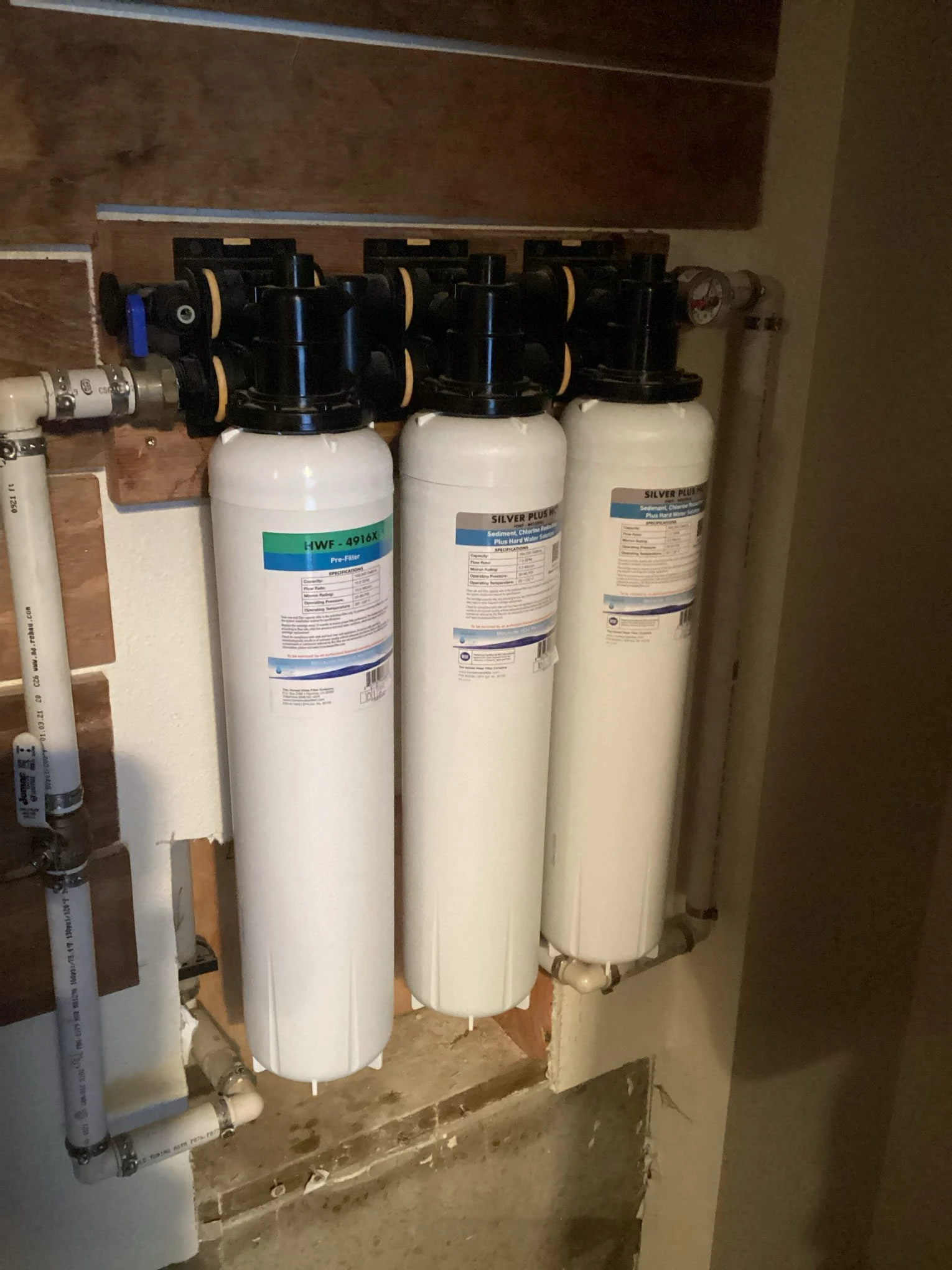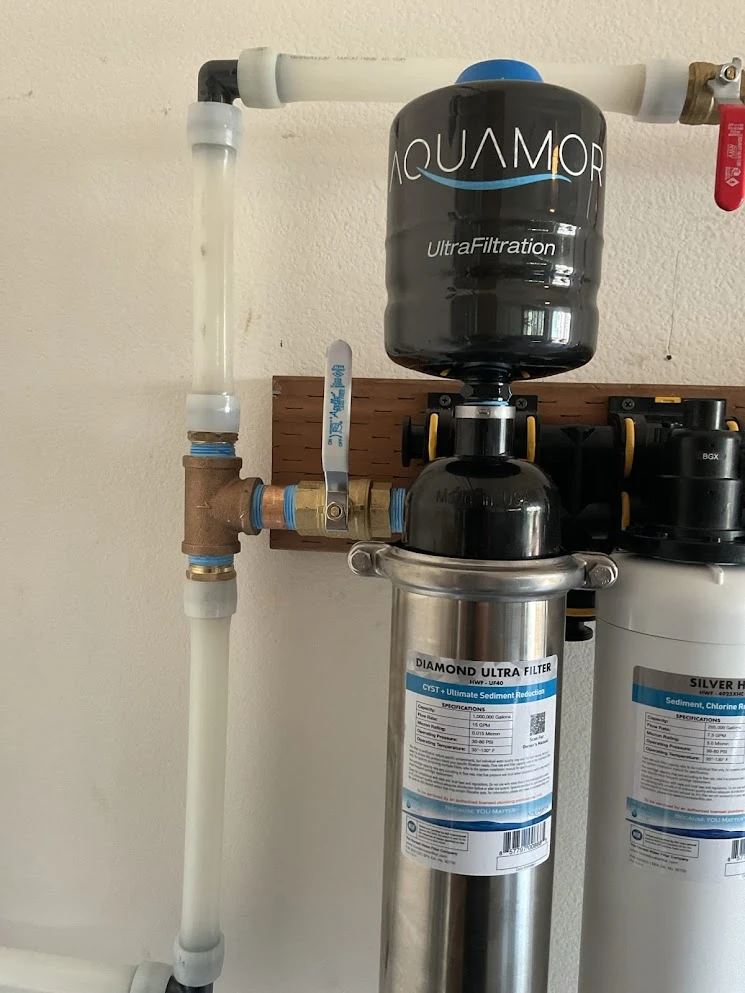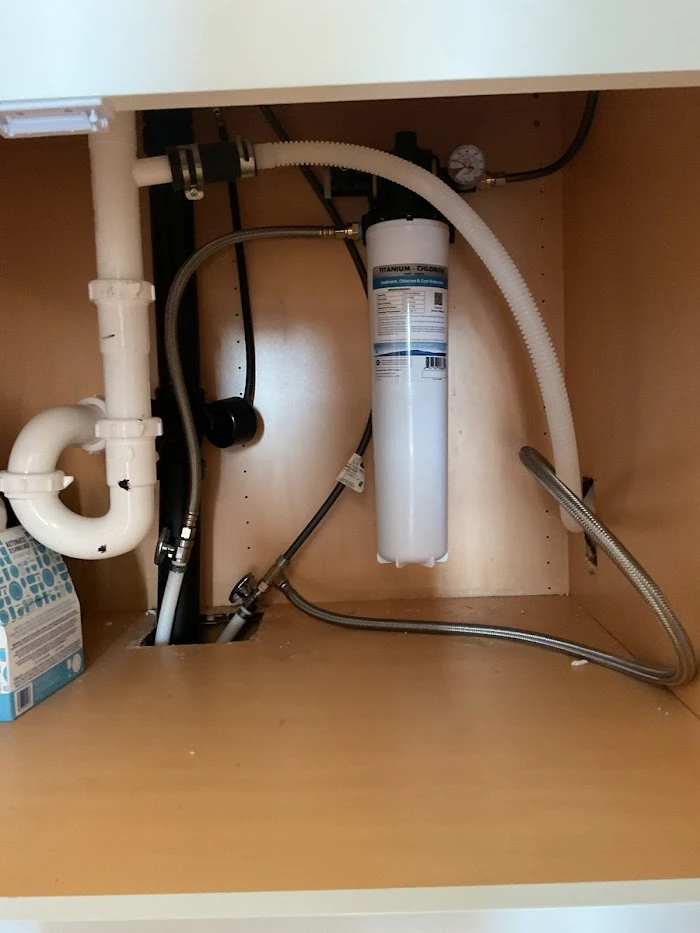
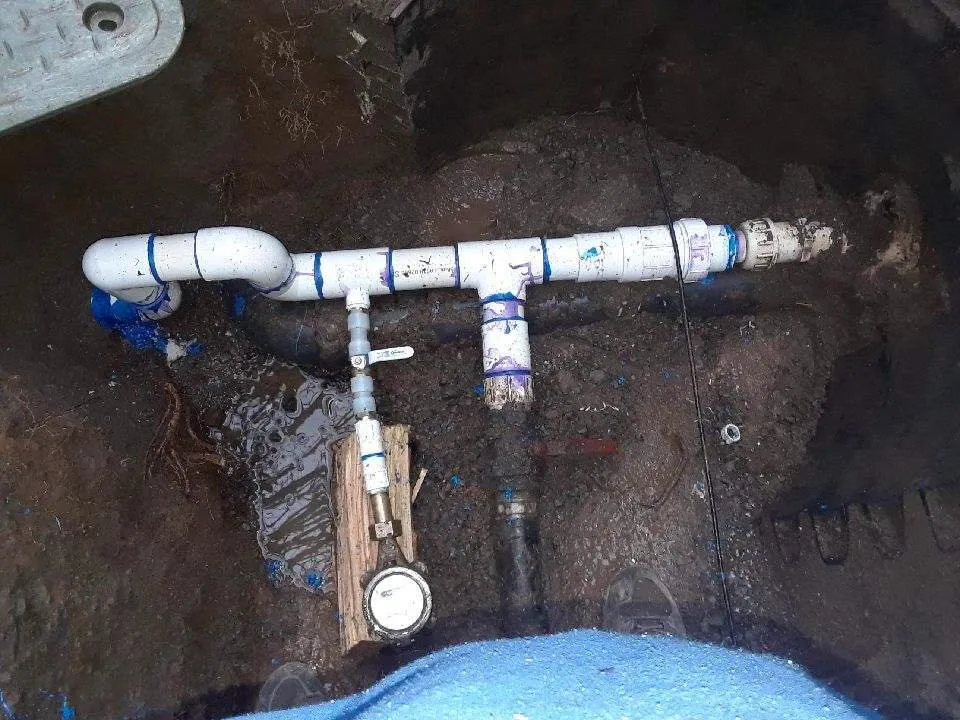
Is sewage backup an emergency? If you’re standing ankle-deep in murky water or catching a whiff of something awful creeping up from your drains, the answer probably feels like a screaming “yes.” And you’re not wrong. A sewage backup isn’t just unpleasant — it can pose serious health hazards, cause water damage, and lead to long-term problems with your home’s structure.
Whether it’s a clogged toilet or raw sewage flooding your basement, understanding what’s happening and what to do next can help you stay calm and act fast. At Simpson Plumbing, we’ve helped countless homeowners in Vancouver, Camas, and Portland deal with every kind of plumbing issue — including the messy ones.
We’re here to walk you through the types of backups, what causes them, how serious they are, and what steps to take to protect your home and health.
Your home’s plumbing is part of a bigger network — either a private septic tank or the city’s sewer systems. When everything’s working correctly, waste flows smoothly out of your home. But when something clogs or blocks the sewer line, that waste has nowhere to go… except back up.
Common causes include:
The severity of a sewage backup can vary. Some backups are minor and easily fixed. Others are major and require immediate emergency service. Let’s break them down.
One of the most common plumbing issues is a clogged toilet or sink. This usually happens when someone flushes something they shouldn’t — like wipes, too much toilet paper, or small objects. If it’s just one fixture that’s blocked, it’s likely a localized issue.
Emergency level: Low
Health risks: Minimal if cleaned up quickly
How to handle it:
It may not feel like an emergency, but if your toilet keeps clogging or your sink won’t drain, it could point to a bigger issue forming deeper in your plumbing.
When more than one drain in your house starts backing up — especially in the basement or lower floors — it’s a sign of a partial blockage in your sewer line. This is more serious than a single clog.
Emergency level: Moderate to high
Health risks: Yes — dirty water can contain harmful bacteria
What to do:
This type of sewage backup can escalate quickly and lead to serious water damage or contamination of affected areas if ignored.
If sewage is coming up through your floor drain, toilets, bathtubs, or sinks — especially on lower levels — you’re dealing with a full-blown sewage backup emergency. This is often caused by a major blockage, tree root damage, or a failed sewer line.
Emergency level: Severe
Health risks: Extremely high
Dangers:
What to do:
This situation needs immediate professional attention. The cleanup must be thorough and safe to prevent long-term issues.
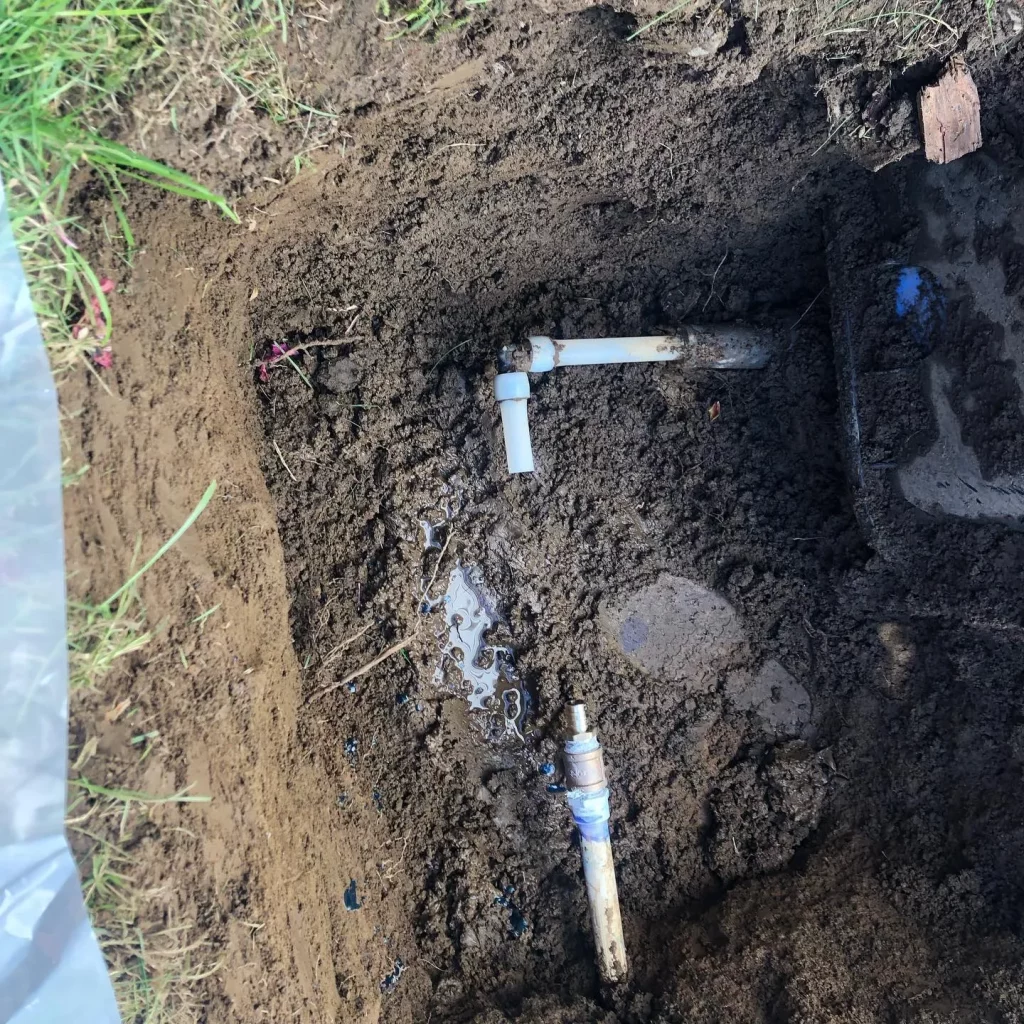
If you’re not connected to the city’s sewer systems, you’re likely using a septic tank. When the tank gets too full or the drain field fails, you might notice sewage pooling in your yard, bad odors, or slow drains in the house.
Emergency level: Moderate to high
Causes include:
What to do:
Ignoring a septic backup can lead to expensive repairs and environmental hazards. Stay on top of regular maintenance to avoid surprises.
In rare cases, a sewage backup is caused by the city’s main line, especially during heavy rainfall when the system becomes overwhelmed.
This often leads to sewage backing up into homes — and it’s not your fault.
Emergency level: Severe
Dangers: Same as a full backup — plus city involvement
What to do:
Consider installing a backflow prevention valve to stop this from happening again. Simpson Plumbing can help you find the right solution.
Prevention starts with awareness and regular maintenance. Here’s how to avoid future plumbing nightmares:
Routine maintenance costs far less than emergency cleanups and repairs — and Simpson Plumbing is here to help with both.
How do I know if I’m dealing with a sewage backup or just a clogged pipe?
If only one drain is affected, it’s likely a local clog. If multiple fixtures are backing up or there’s a foul smell coming from drains, it’s probably a sewage backup — especially if the lowest drains in the home are involved.
Is it safe to stay in my home during a sewage backup?
Not always. If raw sewage is present, it’s best to leave the affected areas and avoid contact. The water contains harmful bacteria and poses serious health risks.
Can I clean up sewage water myself?
It’s strongly recommended that you don’t. Sewage can carry viruses, parasites, and bacteria. Proper cleaning requires protective gear, special disinfectants, and disposal methods.
Will homeowner’s insurance cover sewage backup?
Sometimes. Many policies require an additional sewage backup rider. Check with your insurer to be sure you’re covered before something happens.
How fast can Simpson Plumbing respond to a sewage backup emergency?
Fast. We offer emergency service throughout Vancouver, Camas, and the Portland area. If you suspect a backup, call us immediately — the sooner we get there, the better we can protect your home and health.
Whether you’re facing a small drain issue or dealing with a sewer backup, Simpson Plumbing is here to help. We offer expert advice, fast response times, and long-term solutions to protect your home from health hazards, water damage, and structural damage. If something doesn’t smell right — literally — don’t wait.
Call a professional you can trust. Reach out to Simpson Plumbing for emergency help or preventive maintenance that keeps your home safe and your stress levels low.

